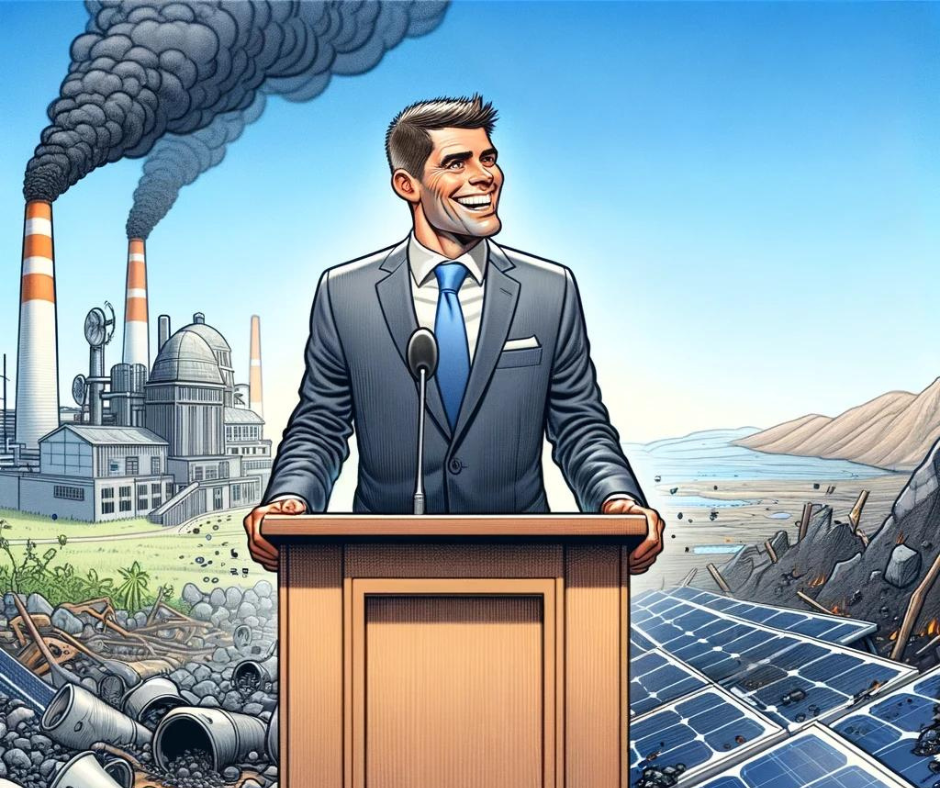The costs and impacts of three proposed carbon tax bills
Download the full Legislative Memo
Key findings
- Legislators have proposed three versions of a carbon tax, ranging from imposing a simple carbon tax to a complex and bureaucratic cap-and-trade system.
- SB 5971 would create a carbon tax of $15 per metric ton of CO2 and would cost a two-car household between $207 and $280 a year.
- A carbon tax and rebate proposal being developed by Rep. Shewmake would cost about $130 to $180 annually for a two-car household, increasing to between $352 and $487 after five years. It would also provide a rebate to taxpayers based on revenue collected, which, in some cases would eliminate the cost completely.
- SB 5981 would create a cap-and-trade system similar to the one used in California. It would cost a two-car household between $221 and $306 per year, increasing to $325 to $450 in 2025.
- Two bills are tied to arbitrary CO2 reduction targets. As a result, taxes could increase significantly beyond what economists say is an appropriate price for CO2 reduction.
- The cap-and-trade proposal would use tax money to pay favored special interests and fund carbon reduction projects which not be required to meet a standard of effectiveness.
- Cap-and-trade systems are also notoriously volatile. Washington’s electricity-related CO2 emissions can vary by more than 50 percent year-to-year, dramatically increasing taxes during low-snowpack years.
- Two of the proposals have complicated systems to reduce the impact on energy-intensive, trade-exposed industries. Those systems, however, require a level of accuracy that is simply not possible and have failed in other places they have been tried.
- Although the best of the potential CO2 reduction policies, revenue-neutral carbon taxes are hindered because the systems can easily be changed to increase taxes and there is little trust that legislators will stick to promises of revenue neutrality.
- Personal technology and empowering families and businesses to be more efficient is the best way to reduce CO2 emissions.
- Any CO2 reduction legislation should also include strict effectiveness requirements, preventing the state from spending money on projects that cost more than $20 to reduce one metric ton of CO2.
Last November, for the second time in three years, Washington voters strongly rejected a carbon-tax ballot initiative even as they elected legislators who are more likely to support putting a tax on carbon emissions. Some in the Washington State Legislature have ignored the first message and focused on the second and have proposed three new carbon taxes this year. Each proposal is slightly different, and Governor Inslee even argued that one of them –imposing a straight tax on carbon – does not actually count as action on climate change.
The proposals have a number of problems from a policy standpoint. Rather than making the policy simpler and clearer, two of the proposed carbon taxes are complex. All of them would increase the cost of energy in Washington state.
The policies being proposed suffer from both political and policy shortcomings. Legislators should require state efforts to be effective and rely more on improving personal energy-saving efforts and less on costly and ineffective bureaucratic approaches.
Download the full Legislative Memo





